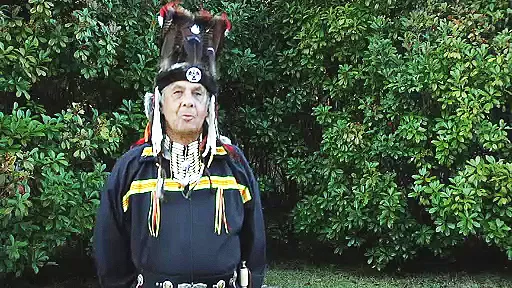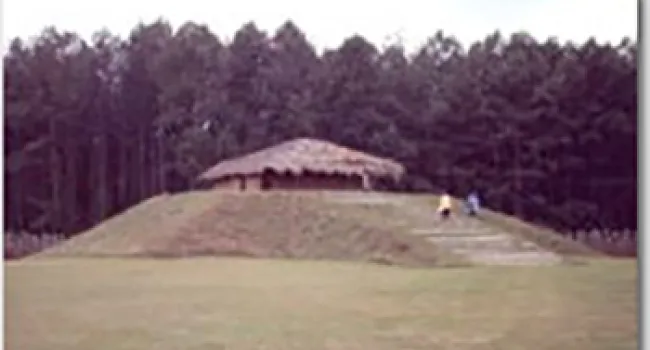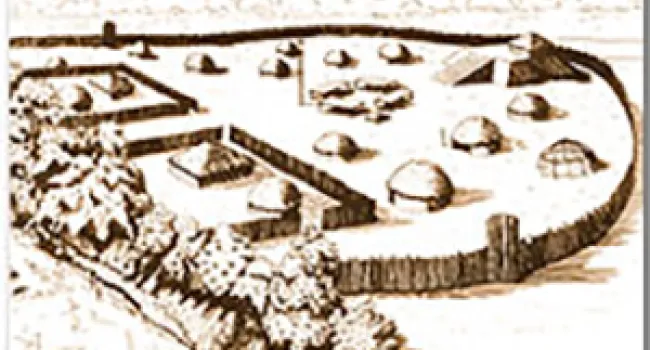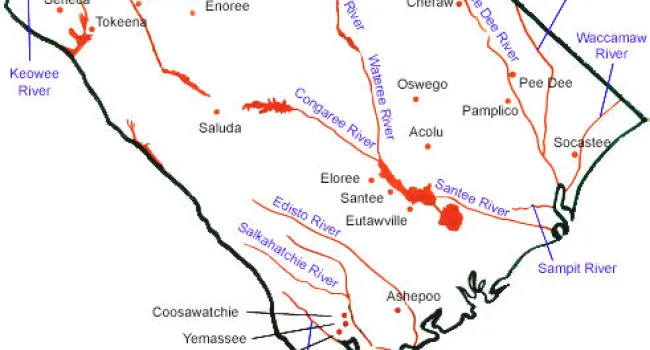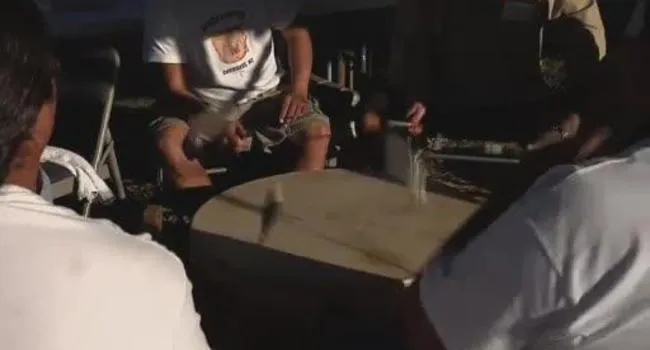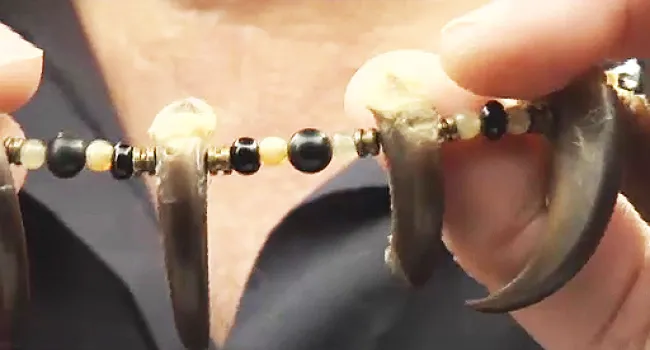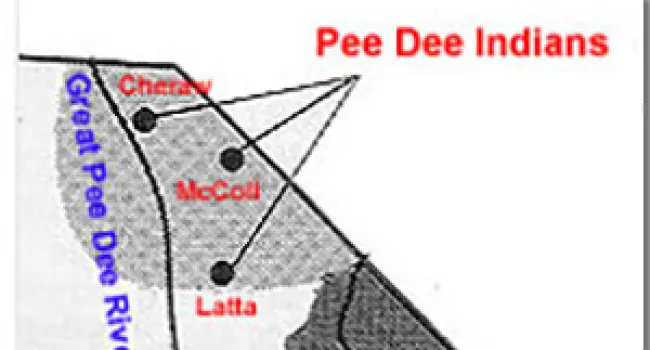
Pee Dee Then & Now | Periscope
Episode
3
Photo
Most members of the Pee Dee Indian Nation now live near the South Carolina towns of Cheraw and McColl. The Pee Dee Indians continue to show a dedication to their land and the people near it. During...